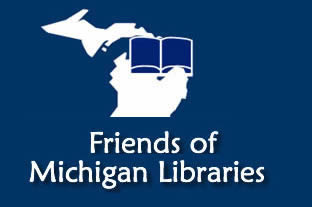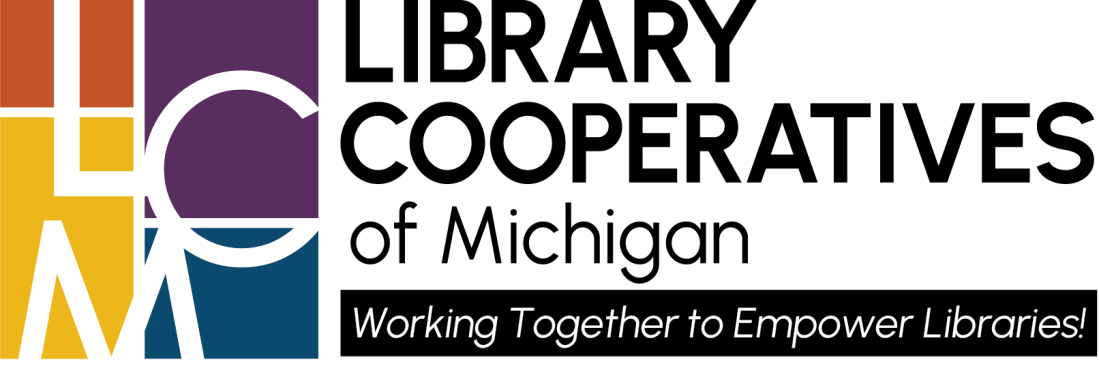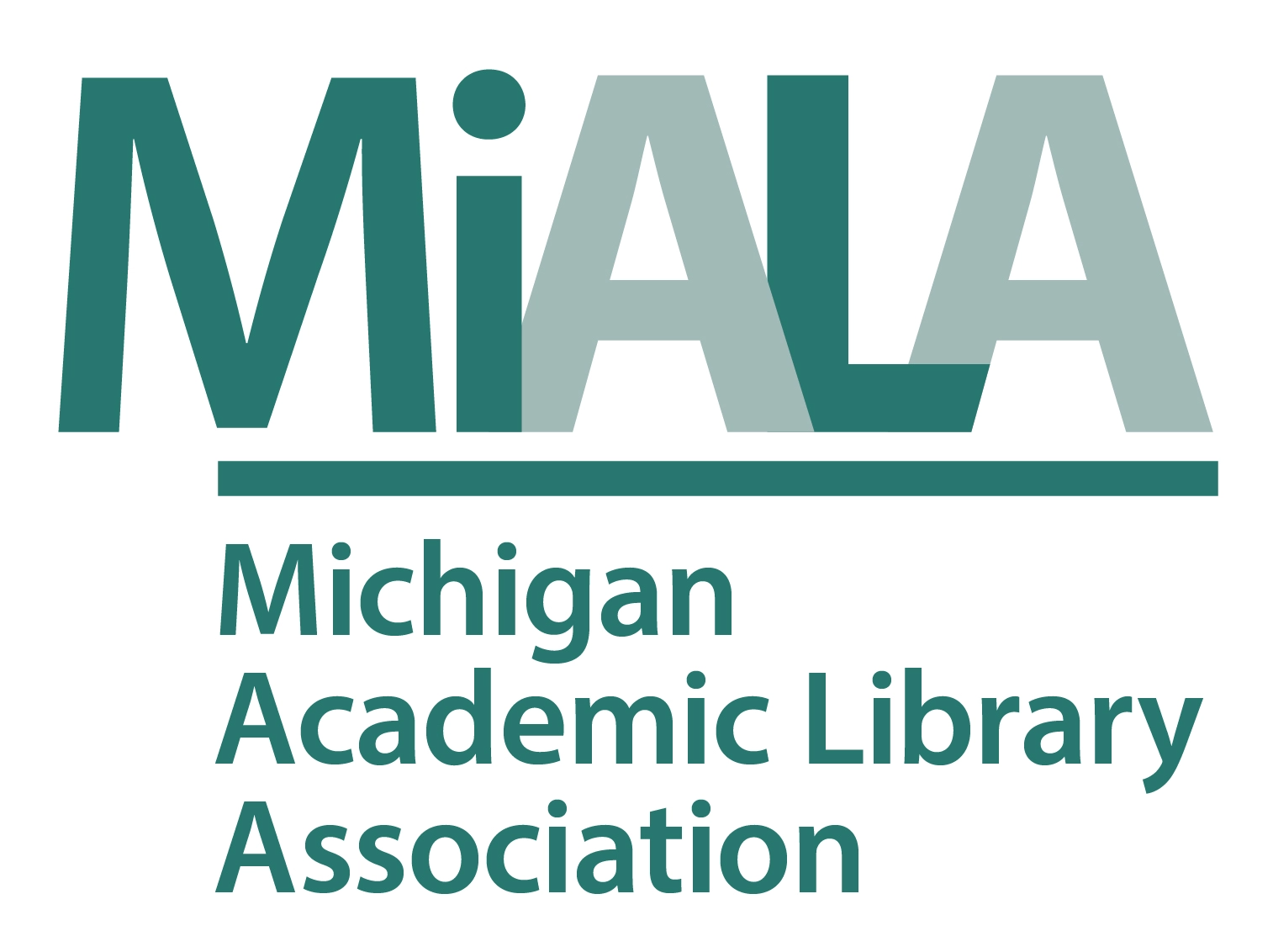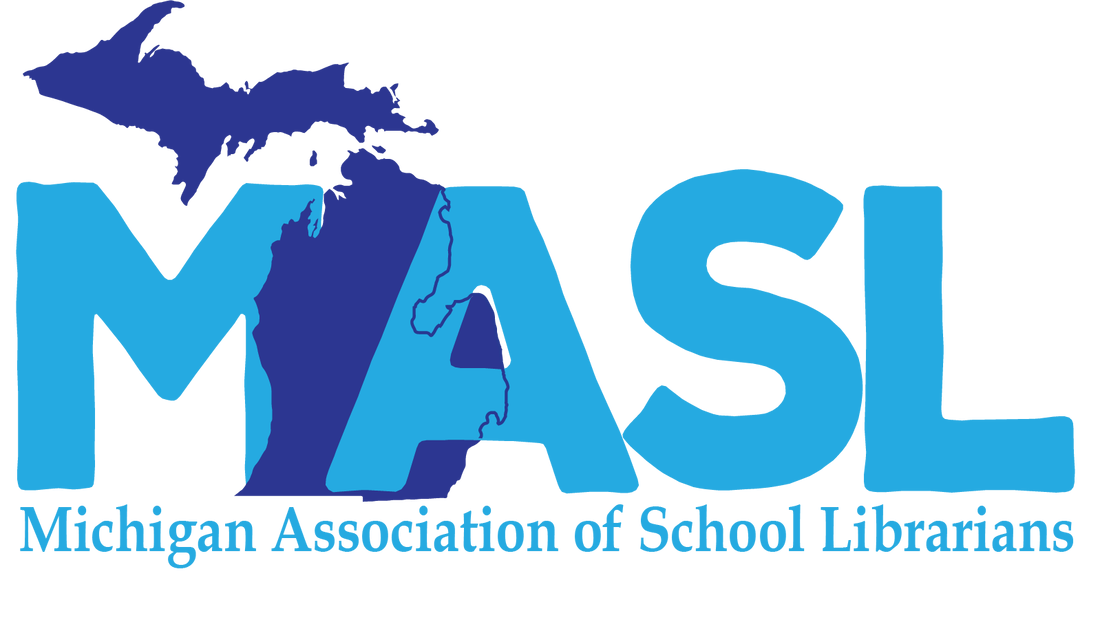- About
- Membership
- Education & Events
- Event Calendar
- Annual Conference
- Spring Institute for Youth Services
- Think Space
- Surviving and Thriving as a Public Library Director
- Leadership Academy
- Michigan Library Advocacy Day
- Youth Summit for the Right to Read
- Advocacy Hour
- MLA Connect
- MLA Connect On Demand
- Call for Proposals
- Vendor and Sponsor Opportunities
- Future Event Dates and Locations
- Programs & Services
- Advocacy
- News
- Job Board
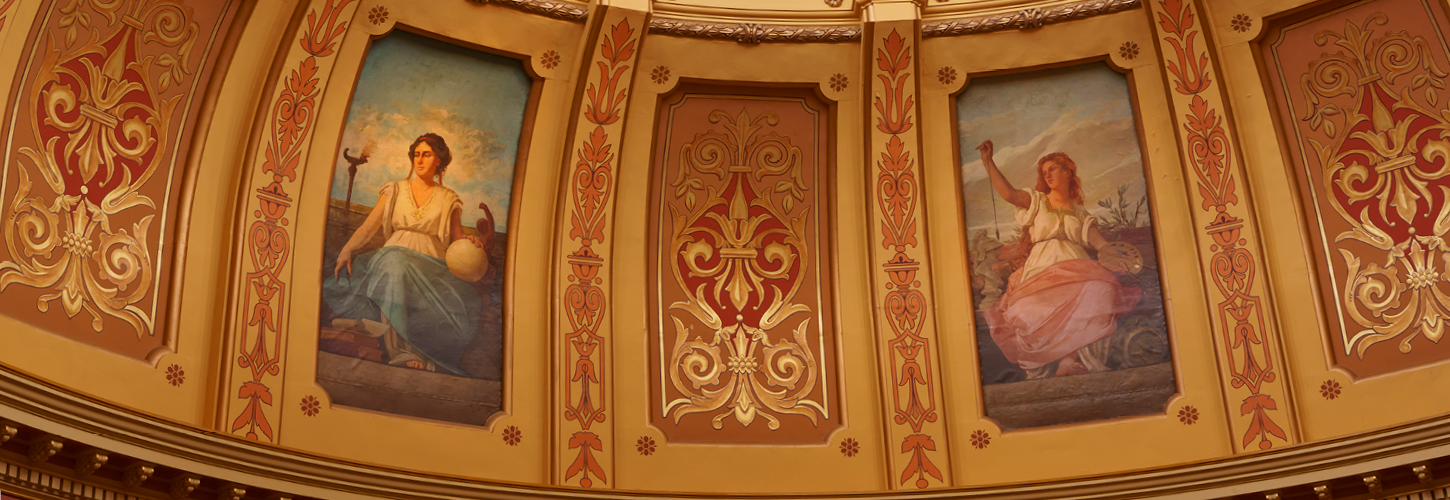
MLA Advocacy Action Plan | Priority Areas | Bill Tracker | Call To Action | Find Your Legislators | How to be a Good Advocate | Intellectual Freedom resources | Advocacy News Dark Store Theory - MLA ADVOCACY PRIORITY AREASAcross Michigan, nearly 90% of funding for public libraries comes directly from local sources. With continued attempts by big box retailers to secure lowball evaluations of their storefronts, known as “dark store theory,” we have seen the disastrous effects for local tax bases, city services, schools and libraries. This commonly used but disputed form of property tax evaluation when successfully implemented by big box stores diverts those critical operating funds away from public libraries. In one example, the Peter White Public Library in Marquette, Michigan has been living with the harmful effects of dark store tax appeals since 2015. Since that time, the library’s budget has been significantly impacted by the loss of revenues resulting from the tax tribunal settlements, with refunds totaling over $206,000 in tax tribunal appeals. The initial settlements had such a severe impact that the library had to close on Sundays, costing patrons a full day of service. This yearly loss amounts to approximately $37,500 in tax funds, resulting in further reduction of the range of quality services that the library can provide. Eight years later, the library remains closed on Sundays due to budgetary constraints associated with the 2015 tax appeal. With sharp cuts to funding due to dark store tax appeals, public libraries simply cannot provide the same level of exceptional services, and will result in a dwindled return for tax payers. The Michigan Library Association is strongly focused on protecting funding for our public libraries which are generally funded through three primary sources of revenue: millages, penal fines and state aid. While millages generally make up the largest percentage of a local library's budget, local property taxes are critical sources of funds that contribute to the important work that libraries perform. Diverting critical operating funds away from our public libraries by big box retailers who, through a loophole in the tax laws, are able to reduce their tax burden, has been shown to have devastating effects on communities throughout Michigan. |


